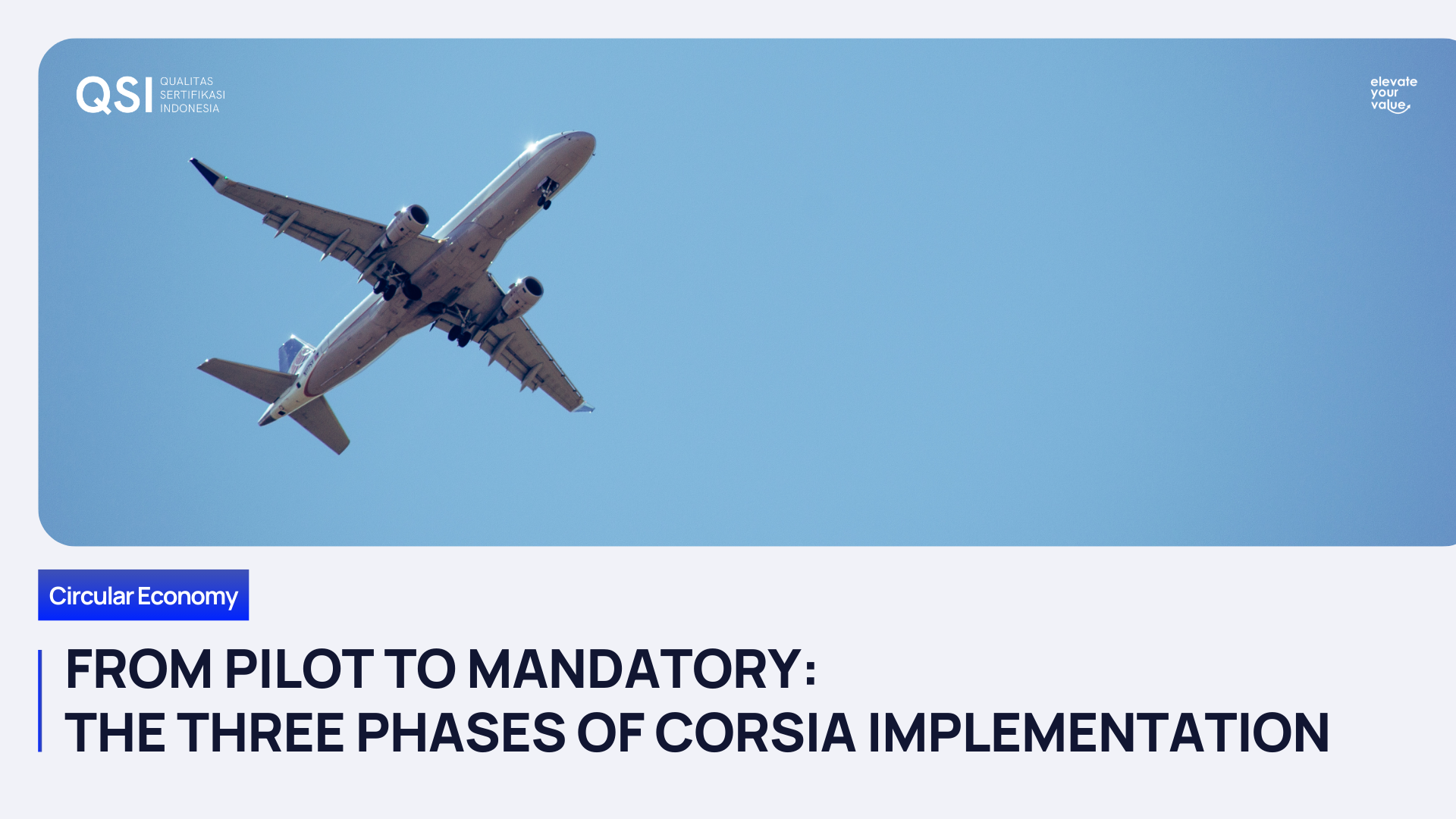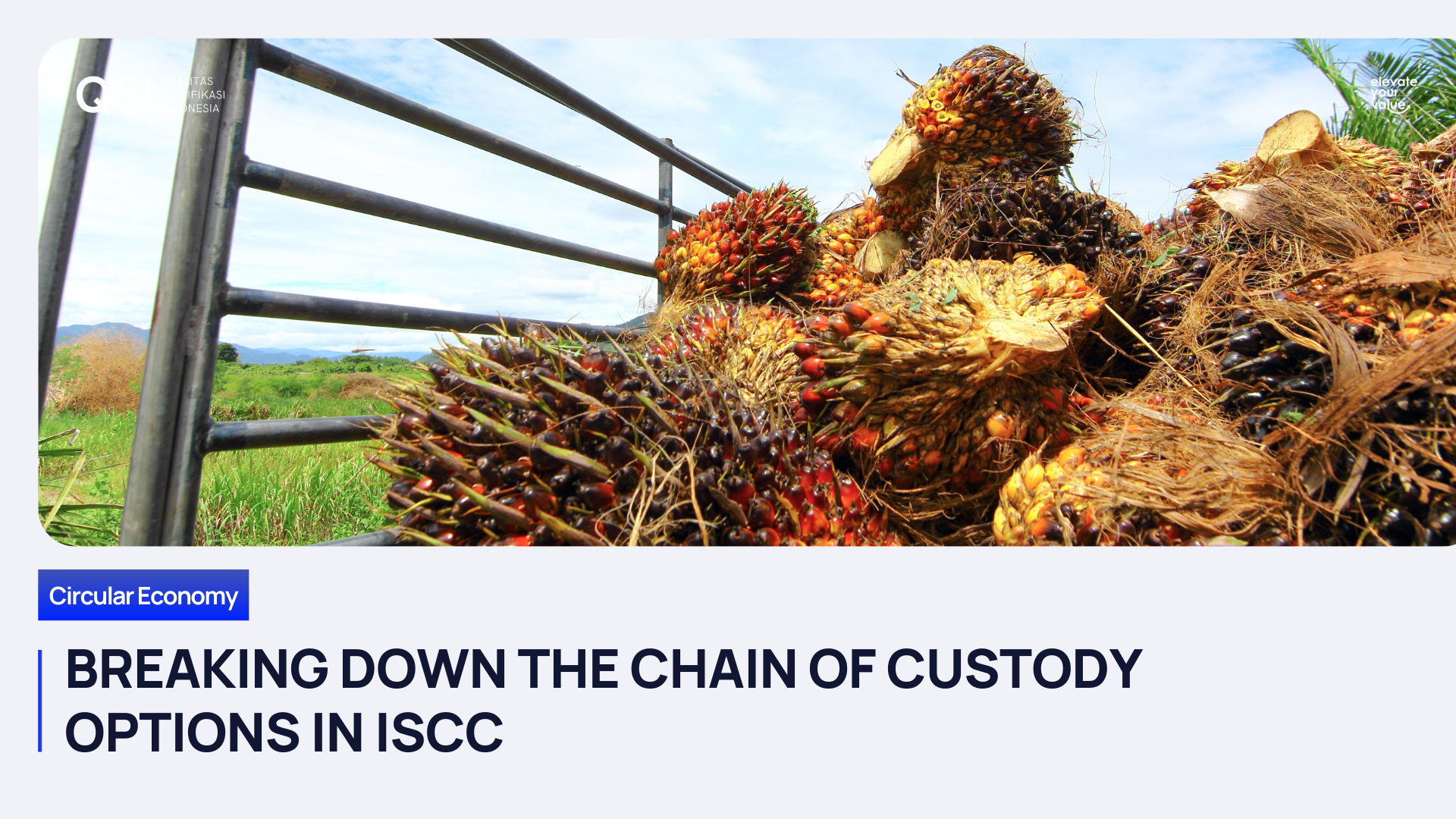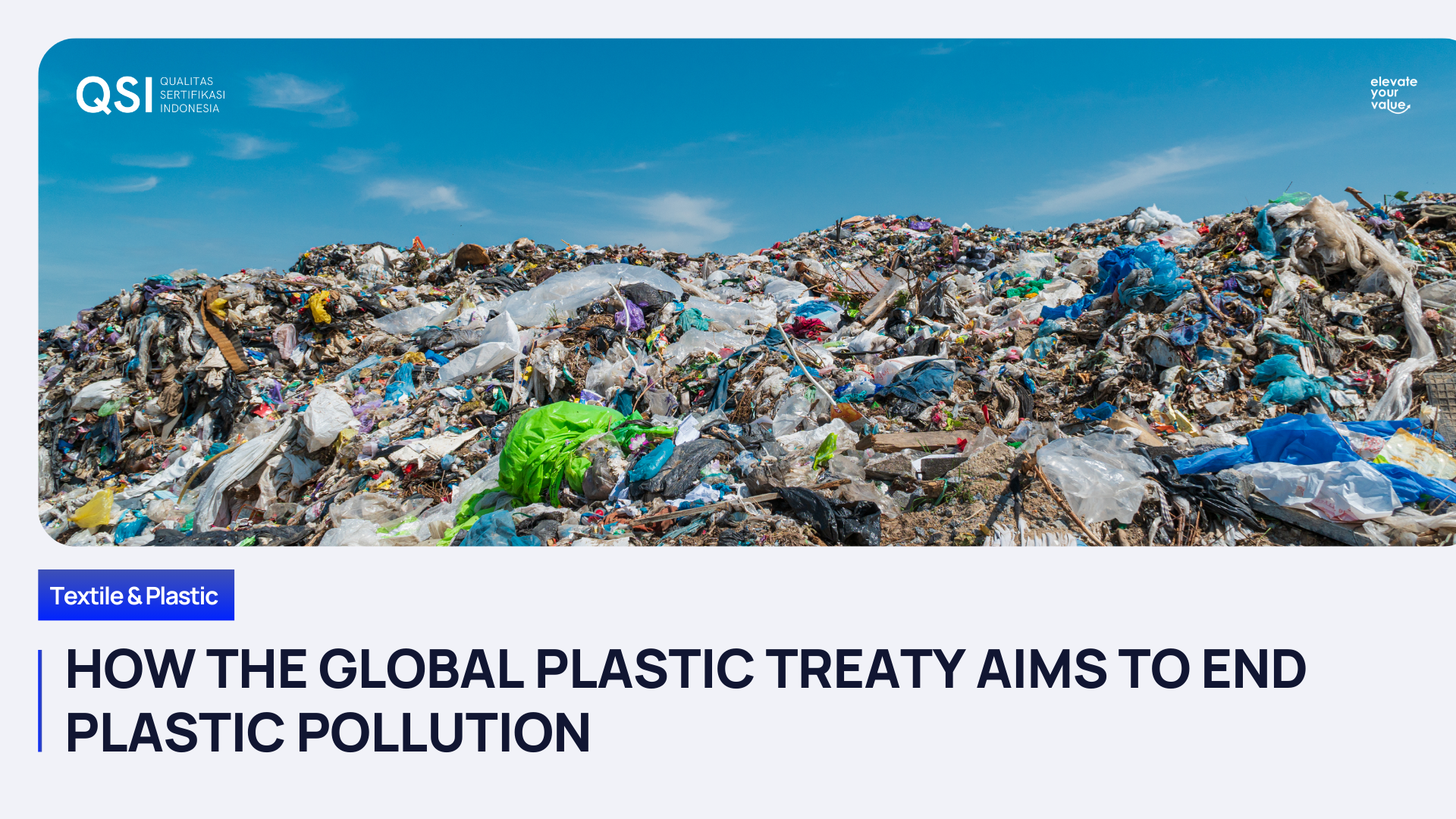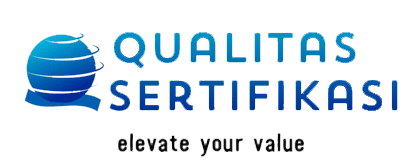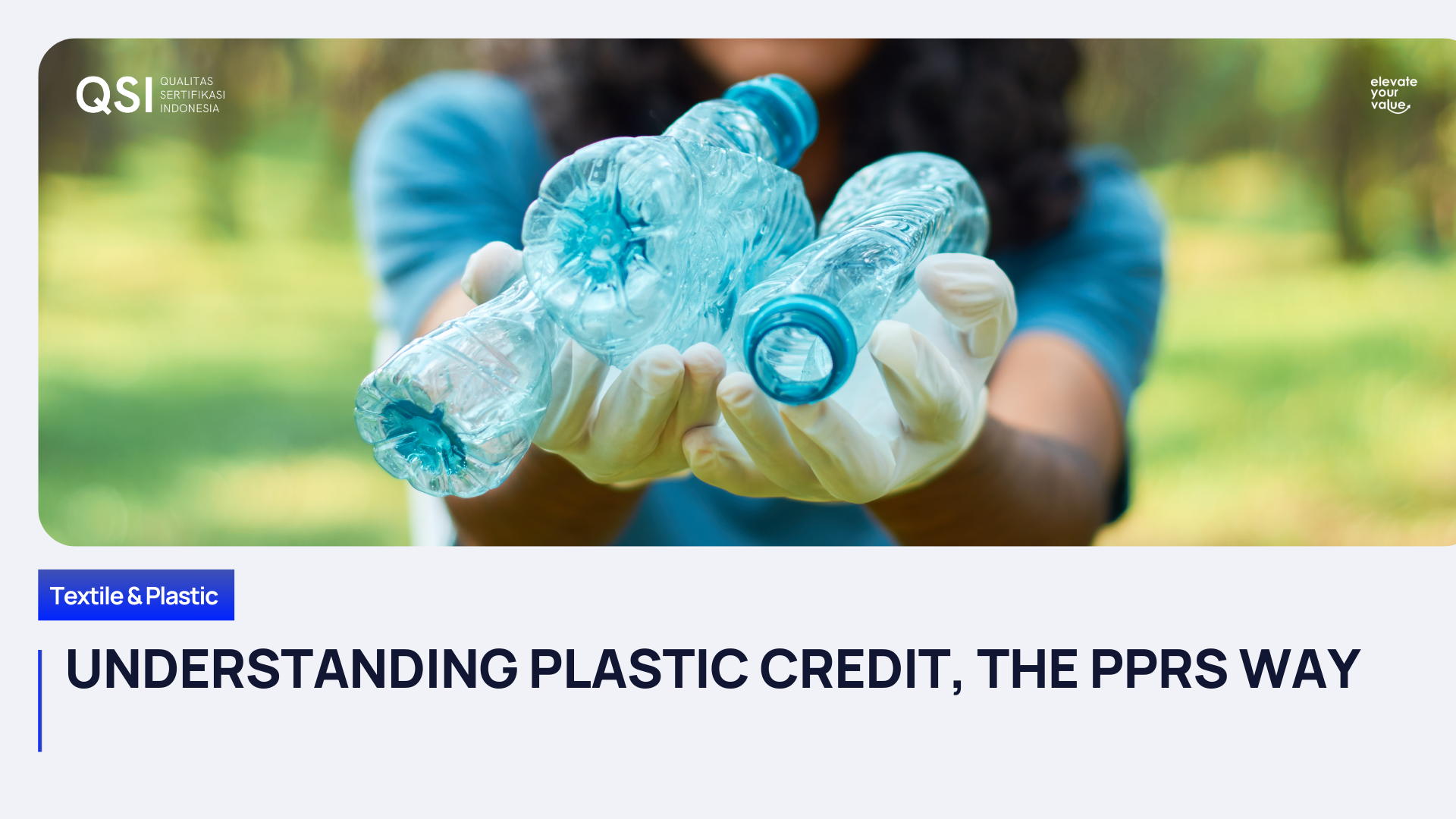Indonesia Launches Its Own CPO Exchange to Boost Palm Oil Industry
Indonesia, the world's largest producer and exporter of Crude Palm Oil (CPO), has finally launched its own CPO futures exchange on October 13, 2023. The move is aimed at creating a more transparent, competitive, and independent CPO price benchmark that reflects the country's dominant role in the global palm oil market.
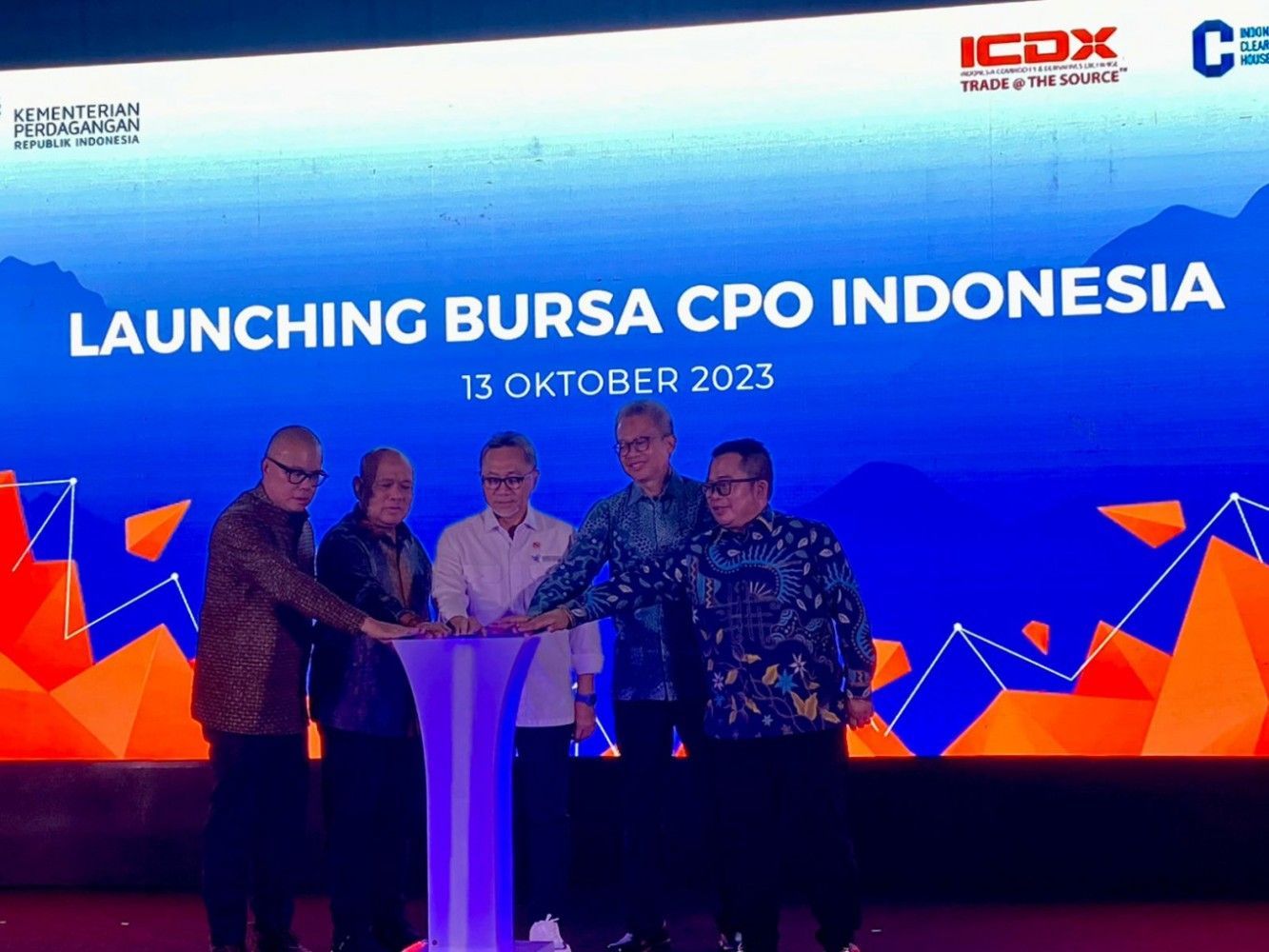
Why Indonesia Needs a CPO Exchange
Indonesia produces nearly 47 million tons of CPO annually, accounting for more than half of the world's supply. However, the country does not have its own CPO exchange to trade and export its palm oil products. Instead, it relies on the exchanges in Malaysia and the Netherlands, which are the second and third largest CPO producers respectively, as the reference prices for its CPO exports.
This situation has put Indonesia at a disadvantage, as it has to bear the risks of price fluctuations, currency exchange rates, and transportation costs that are influenced by external factors beyond its control. Moreover, the existing CPO exchanges do not fully capture the characteristics and quality of Indonesian CPO, which may differ from those of other countries.
Therefore, Indonesia has long aspired to establish its own CPO exchange that can provide a fair, transparent, and clear CPO price that reflects the supply and demand of the Indonesian palm oil industry. The government hopes that by having its own CPO exchange, Indonesia can enhance its bargaining power, increase its export value, and attract more investors to its palm oil sector.
How the CPO Exchange Works
The CPO exchange is operated by the Indonesia Commodity & Derivatives Exchange (ICDX Group), one of the two futures exchanges in the country. The CPO exchange allows sellers and buyers to trade CPO contracts using an electronic or online trading system. The CPO contracts are standardized in terms of quantity, quality, delivery time, and location. The CPO exchange also provides a physical delivery mechanism, where the CPO is delivered from the seller's warehouse to the buyer's port of destination.
The CPO exchange is supervised by the Futures Exchange Supervisory Board or Badan Pengawas Perdagangan Berjangka Komoditi, Kementerian Perdagangan RI (Bappebti), the country's commodity futures regulator. Bappebti has issued a new regulation in June 2023 that requires CPO exporters to trade CPO on the local exchange before shipping their products overseas. The regulation aims to ensure that the CPO export transactions are recorded and reported on the CPO exchange, which will help to establish a credible and reliable CPO price reference.
The CPO exchange is not mandatory for domestic CPO players, but the government encourages them to participate in the CPO trading to benefit from the price discovery and hedging functions of the exchange. The CPO exchange is also open to foreign CPO players, who can access the exchange through the ICDX members or brokers.
What are the Challenges and Opportunities for the CPO Exchange
The launch of the CPO exchange is a significant milestone for Indonesia's palm oil industry, but it also faces some challenges and opportunities ahead. Some of the challenges include:
- The CPO exchange needs to attract enough liquidity and volume to ensure a stable and representative CPO price. The CPO exchange will have to compete with the established CPO exchanges in Malaysia and the Netherlands, which have more participants and experience in the CPO market.
- The CPO exchange needs to ensure the quality and consistency of the CPO contracts and deliveries. The CPO exchange will have to enforce strict standards and specifications for the CPO products, as well as monitor and verify the CPO deliveries to avoid disputes and defaults.
- The CPO exchange needs to raise awareness and educate the CPO players on the benefits and mechanisms of the CPO trading. The CPO exchange will have to conduct socialization and training programs for the CPO producers, exporters, traders, and consumers, especially the small and medium enterprises, to increase their participation and confidence in the CPO exchange.
Some of the opportunities include:
- The CPO exchange can provide a more accurate and timely CPO price information for the CPO players, which can help them to make better decisions and strategies for their CPO production and export activities.
- The CPO exchange can offer a more efficient and cost-effective CPO trading and delivery platform for the CPO players, which can reduce their transaction and transportation costs and risks, as well as increase their market access and opportunities.
- The CPO exchange can enhance the reputation and credibility of the Indonesian CPO products in the global market, which can increase the demand and value of the CPO exports and improve the competitiveness and sustainability of the Indonesian palm oil industry.
The CPO exchange is a strategic initiative by the Indonesian government to boost its palm oil industry, which is one of the main pillars of its economy. The CPO exchange is expected to create a more transparent, competitive, and independent CPO price benchmark that reflects the country's dominant role in the global palm oil market. The CPO exchange also aims to provide a more efficient and cost-effective CPO trading and delivery platform for the CPO players, as well as enhance the reputation and credibility of the Indonesian CPO products in the global market. The CPO exchange faces some challenges and opportunities ahead, but it has the potential to bring significant benefits and impacts to the Indonesian palm oil industry and the national economy.
While the launch of the Indonesian CPO exchange is a promising development for the palm oil industry, further exploration is encouraged to understand its full impact. If you're interested in delving deeper into the intricacies of the CPO exchange and its potential implications, ISCC programs are here to cater to your curiosity. Let's have a chat or visit our website!
Recent posts
Drop us a line
Contact Us
Share
